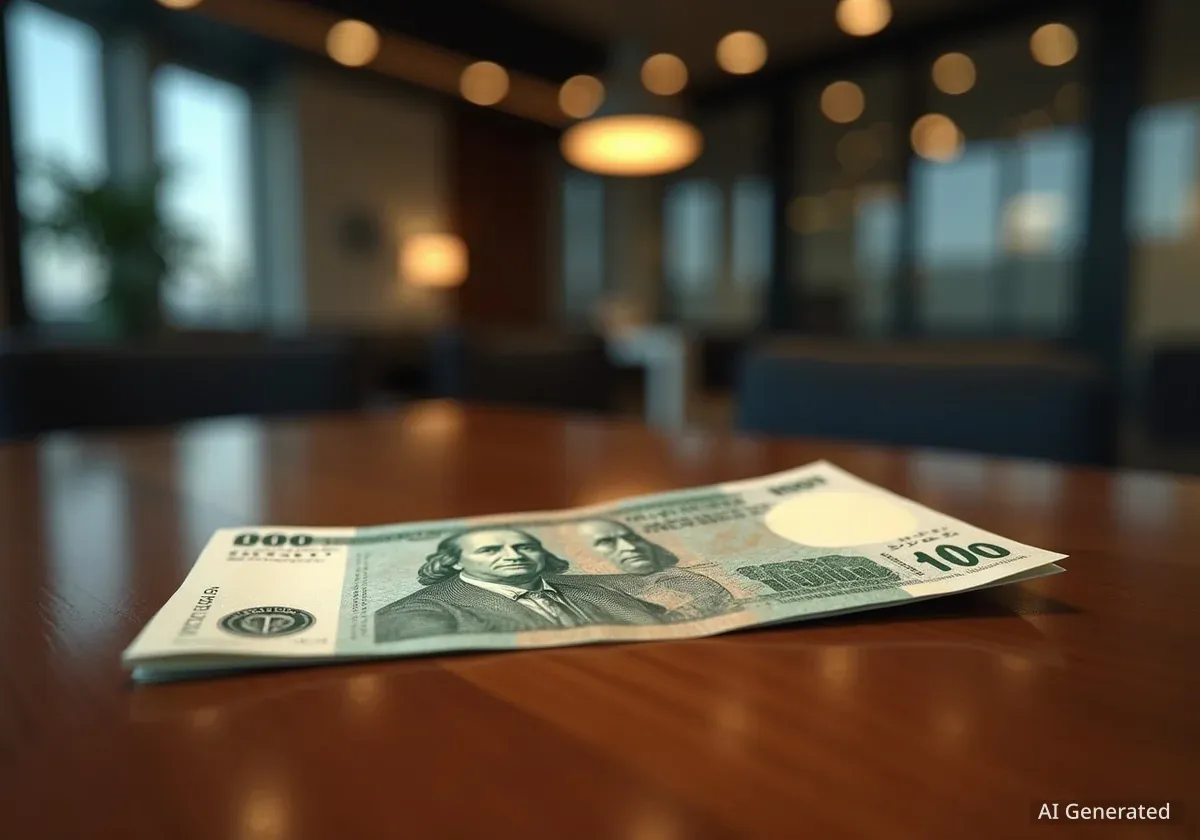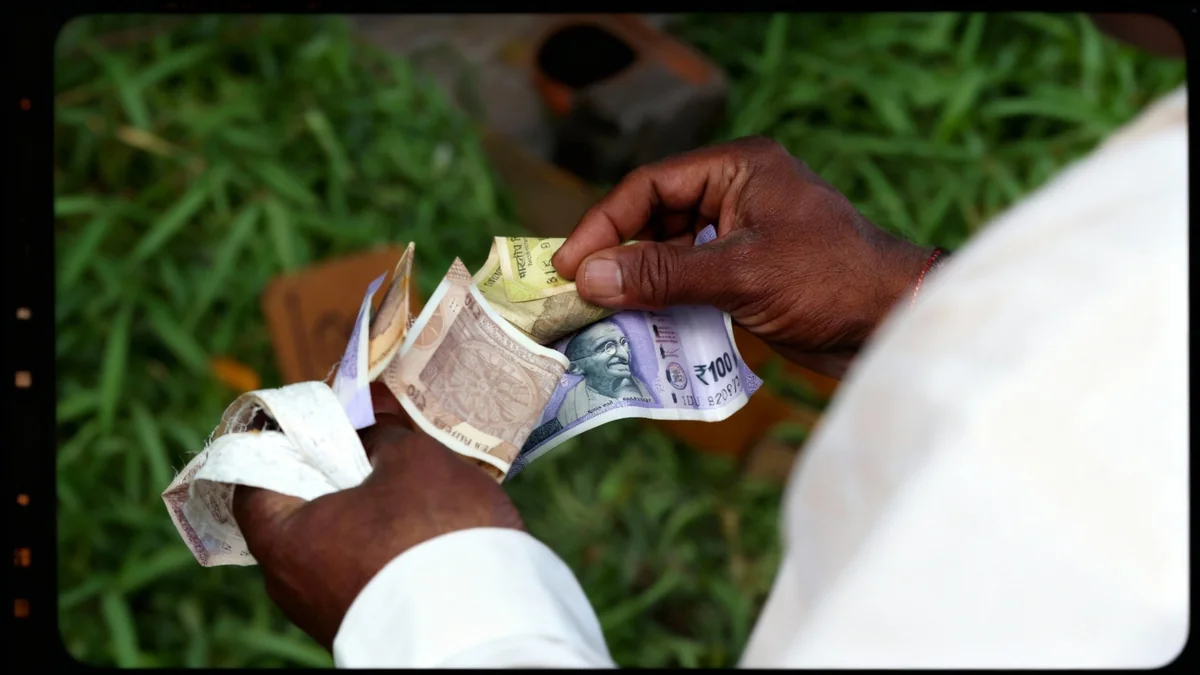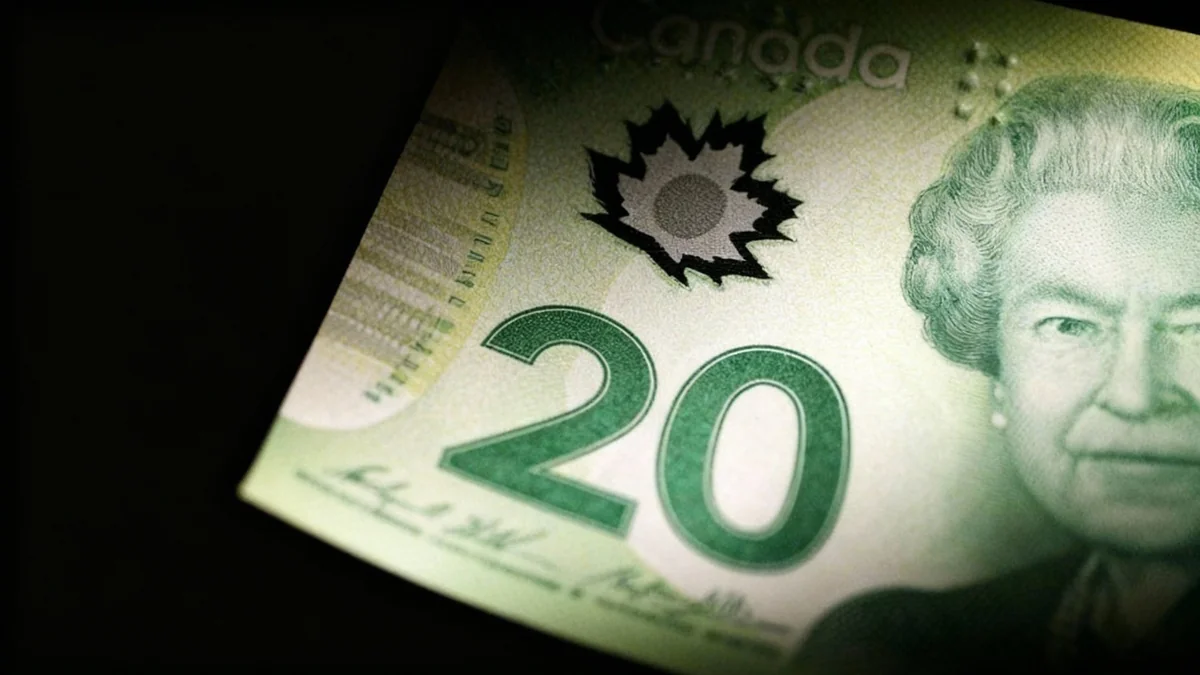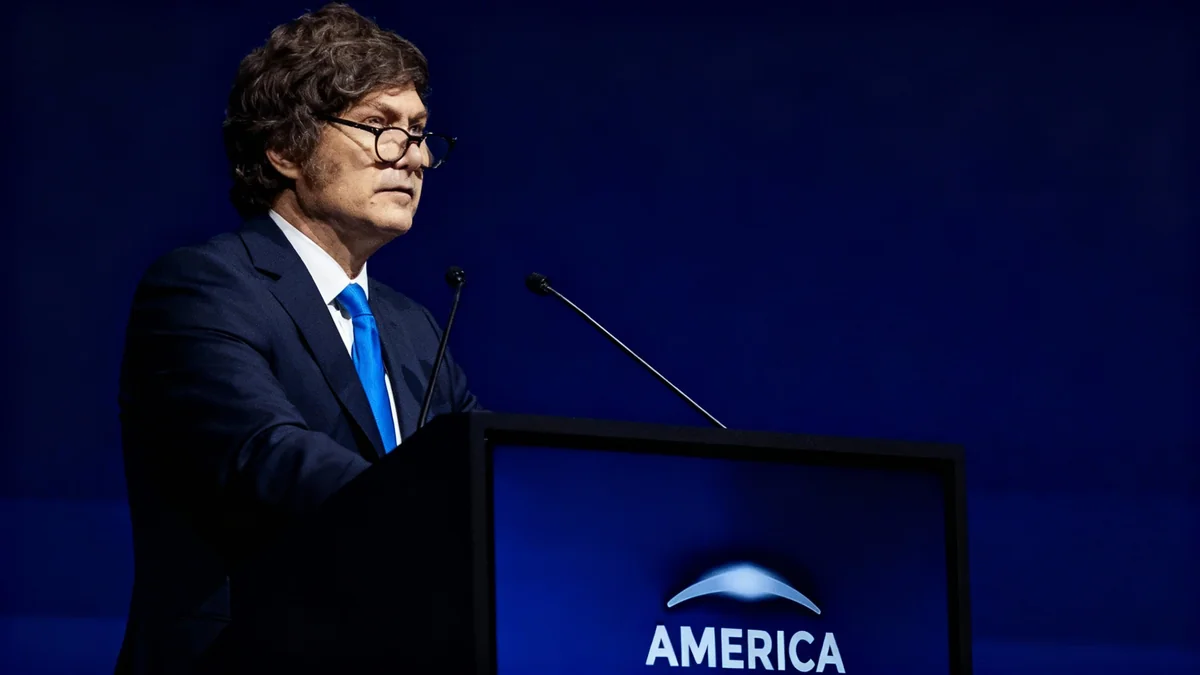The Central Bank of Iraq (CBI) has officially stated that it will not adjust the current exchange rate of the Iraqi dinar against the U.S. dollar. Governor Ali al-Allaq confirmed the policy, dismissing recent speculation and emphasizing the government's commitment to maintaining currency stability.
Key Takeaways
- CBI Governor Ali al-Allaq announced no plans to change the official USD/IQD exchange rate.
- The official rate is set at 1,320 dinars per U.S. dollar (132,000 dinars per $100).
- The statement aims to calm markets and reinforce economic stability amidst ongoing reforms.
- Iraq's economy has faced significant currency fluctuations over the past several years.
Governor Affirms Currency Stability
During his address at the Iraq Investment Forum, Central Bank Governor Ali al-Allaq delivered a clear message regarding the country's monetary policy. He explicitly denied any reports suggesting an impending change to the dinar's value relative to the U.S. dollar.
"Neither the central bank nor the government is considering any adjustment to the official rate," al-Allaq stated, providing a firm reassurance to investors and the public.
This declaration is crucial for stabilizing market expectations. In an economy heavily reliant on oil exports priced in dollars and imports that require foreign currency, a predictable exchange rate is fundamental for both businesses and households.
The governor's comments are part of a broader effort by Prime Minister Mohammed Shia Al-Sudani's government to foster a more stable and predictable economic environment. Maintaining the current exchange rate is seen as a cornerstone of this strategy.
Background on the Official Rate
The current official exchange rate was established by the Al-Sudani government, setting the value at 132,000 Iraqi dinars for every $100. This adjustment was a significant policy move aimed at strengthening the dinar and curbing inflation after a period of higher rates.
A History of Exchange Rate Adjustments
The Iraqi dinar has experienced considerable volatility in recent years, reflecting the nation's economic and political challenges. The exchange rate has been a key policy tool for successive governments attempting to manage the national budget and economy.
Under the previous administration led by Prime Minister Mustafa al-Kadhimi, the dinar was devalued. The rate was moved from approximately 121,000 dinars to 140,000 dinars per $100. This move was intended to address a fiscal crisis but led to increased prices for imported goods, affecting the purchasing power of ordinary Iraqis.
The decision by the current government to revalue the dinar to the 132,000 level was a direct response to these economic pressures. The goal was to make imports cheaper and help control the rising cost of living for citizens.
Timeline of Recent Rate Changes
- Pre-2020: Rate was approximately 1,210 IQD per USD.
- Late 2020 (Al-Kadhimi Govt): Devaluation to 1,400 IQD per USD.
- Early 2023 (Al-Sudani Govt): Revaluation to 1,320 IQD per USD.
The Challenge of the Parallel Market
Despite the official rate set by the Central Bank, a significant challenge for Iraqi authorities has been the existence of a parallel, or "black," market for currency exchange. For an extended period, the street value of the dollar was much higher than the official rate.
At its peak, the U.S. dollar was traded for as much as 170,000 dinars per $100 in local markets. This wide gap between the official and parallel rates created economic distortions, fueled illicit financial activities, and undermined the central bank's monetary policy.
Efforts to Control the Market
The Iraqi government and the CBI have implemented several measures to close the gap between the two rates. These efforts include:
- Regulating Wire Transfers: Stricter controls on international money transfers were introduced to comply with global anti-money laundering standards.
- Expanding Official Channels: The government has worked to make it easier for businesses and individuals to access U.S. dollars at the official rate for legitimate purposes like trade and travel.
- Enforcement Actions: Authorities have cracked down on unlicensed currency exchange offices that contribute to speculation in the parallel market.
According to recent reports, these measures have been partially successful. The parallel market rate has reportedly stabilized and moved closer to the official 132,000 dinars per $100 benchmark in recent months, though a small gap often remains.
Economic Implications of a Stable Dinar
A stable exchange rate is vital for Iraq's economic health. The country's economy is dominated by the oil sector, with revenues received in U.S. dollars. The government then converts these dollars into dinars to pay for salaries, services, and domestic investments.
A strong and stable dinar helps to:
- Control Inflation: It makes imported goods, from food to electronics, more affordable for consumers.
- Preserve Savings: It protects the value of savings held by Iraqi citizens in the local currency.
- Encourage Investment: A predictable currency environment reduces risk for both local and foreign investors.
The governor's commitment to the current rate at the Iraq Investment Forum was strategic. It was designed to signal to potential investors that the government is serious about creating a reliable financial framework, which is a prerequisite for attracting the long-term capital needed to rebuild and diversify the nation's economy beyond oil.
By ruling out any changes, the Central Bank of Iraq aims to build confidence and support the government's long-term economic vision. The focus remains on implementing structural reforms and ensuring that the official financial system serves the needs of the entire economy, rather than resorting to further currency adjustments.





